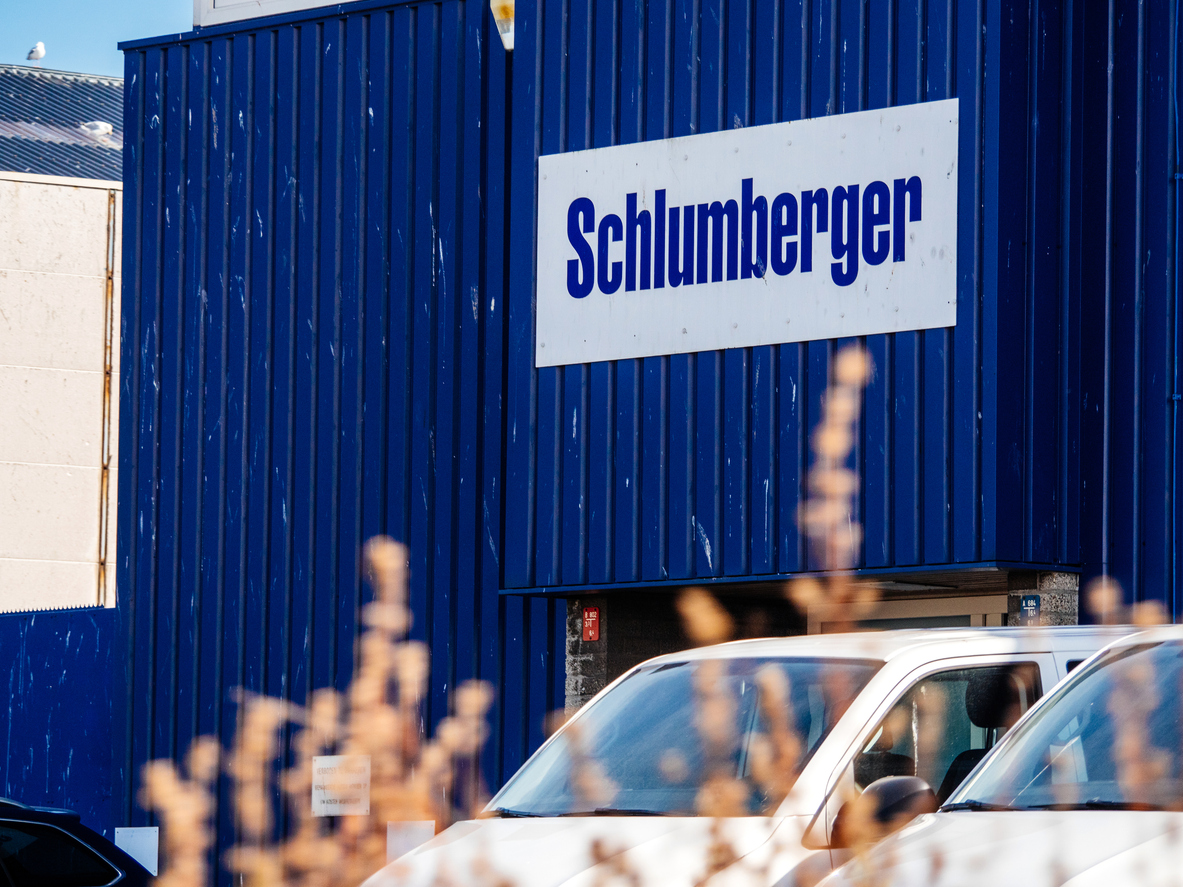
Valued at $62.4 billion by market cap, Texas-based Schlumberger Limited (SLB) is a global leader in oilfield services. Operating in the energy sector, SLB provides advanced technology and comprehensive services to the oil and gas industry, covering all aspects from exploration and drilling to well construction and production.
Companies valued at $10 billion or more are generally labeled as “large-cap” stocks, and Schlumberger fits this criterion perfectly. SLB distinguishes itself through its extensive range of oilfield services and innovative technological solutions. It plays a pivotal role in the global energy market by supporting efficient hydrocarbon exploration, drilling, and production across over 100 countries.
However, Schlumberger is down 27.8% from its 52-week high of $62.12, achieved in September last year. Shares of SLB have plummeted nearly 16% over the past three months, underperforming the broader Nasdaq Composite's ($NASX) 11.8% gains over the same time frame.
Longer term, SLB is down 13.8% on a YTD basis, lagging behind the NASX's around 19.1% gains. Moreover, shares of Schlumberger have declined 6.1% over the past 52 weeks, compared to NASX's 30.6% return over the same time frame.
To confirm the bearish price trend, SLB has been trading below both its 50-day and 200-day moving averages since mid-April.
SLB has underperformed due to investor concerns about a potential peak in the oilfield services investment cycle, recent declines in its revenue from the North America segment, and market reactions to Saudi Arabia's halting of oil capacity expansion plans.
Furthermore, following the announcement of its Q1 earnings results on Apr.19, the company’s shares dropped nearly 2.1%. Despite a quarter marked by overall profit growth, investor sentiment turned sour due to a significant 6% annual decline in revenue from its North America segment. This shortfall, attributed to weaker natural gas prices and ongoing industry consolidation, failed to meet analysts' expectations, sparking a negative market reaction.
To emphasize the stock’s underperformance, rival Halliburton Company (HAL) outperforms SLB. Shares of Halliburton have gained 3.9% over the past 52 weeks, compared to SLB’s loss during the same period. Plus, on a YTD basis, HAL’s shares have dipped 6.4% versus SLB’s double-digit loss.
Despite SLB’s underwhelming price action, analysts remain bullish about its prospects. Among the 21 analysts covering the stock, there is a consensus rating of “Strong Buy,” and it is currently trading below the mean price target of $66.78.
On the date of publication, Sohini Mondal did not have (either directly or indirectly) positions in any of the securities mentioned in this article. All information and data in this article is solely for informational purposes. For more information please view the Barchart Disclosure Policy here.






